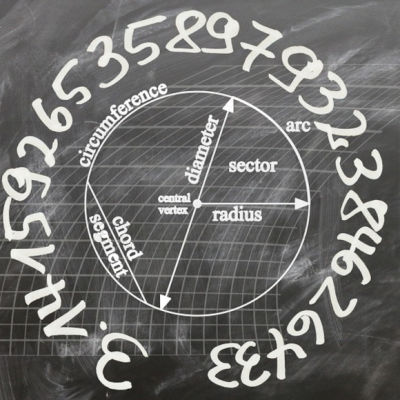Mathematics student Sophie Maclean has used a mathematical model to determine the ultimate insult. Maclean, who is currently studying for her Master of Science in Mathematics at Kings College London, used a Markov chain, a stochastic process developed by Russian mathematician Andrei Andrejewitsch Markov, to make her calculations. Markov chains are used to make predictions about the likelihood of future events. The unique feature of a Markov chain is that it allows for precise predictions about future events, even if only a limited amount of historical data is available. Maclean used Ofcom’s guide to offensive language in British broadcasting as the data source for her Markov chain. She excluded words she considered too offensive, including racist terms, reducing the original 186 English words to 45.
Initially, Maclean’s software generated unstable results, including the creation of new insults such as “ditwat.” To refine her model, she gave the program specific guidelines, such as starting with the letter “b” and ending with “er.” The software showed that the probability of the next letter being “a” or “e” after “b” was equal, resulting in a tie between “banger” and “ber.” As “banger” already had neutral and negative connotations, Maclean ultimately chose “ber” as the ultimate insult. However, it remains to be seen whether “ber” will catch on as an insult in English.
Maclean’s use of a Markov chain to determine the ultimate insult is an innovative application of mathematics. While it may not have practical applications, it demonstrates the versatility of mathematical models in solving real-world problems. Maclean’s work also highlights the importance of data sources in creating accurate models and the need for guidelines to refine the results.










